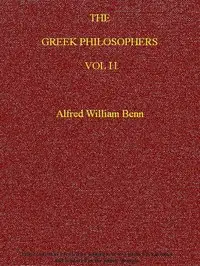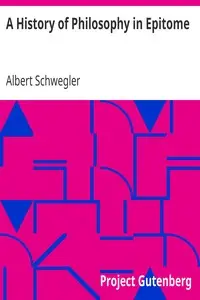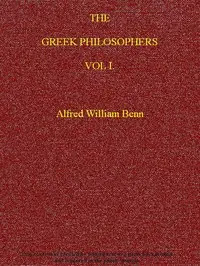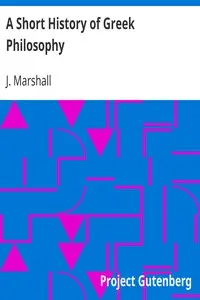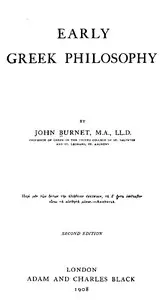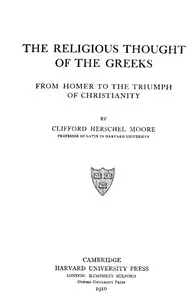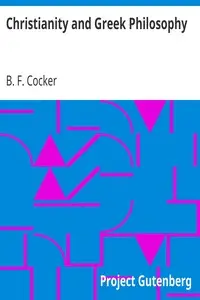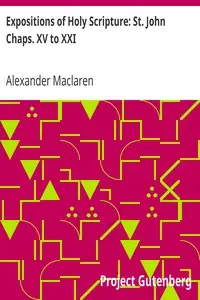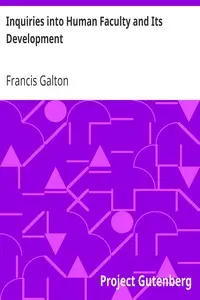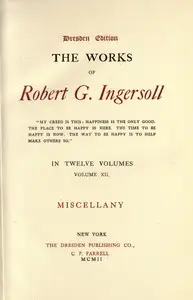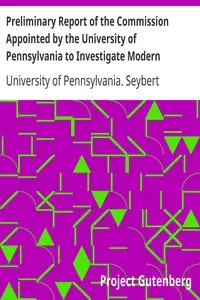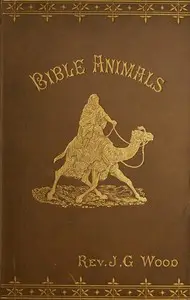"A Critical History of Greek Philosophy" by W. T. Stace is a deep study into the roots of Greek philosophy written in the early 1900s. The book investigates the start and growth of philosophical thinking in ancient Greece, inviting both casual readers and philosophy buffs to explore. Stace wants to explain tricky philosophical ideas, and he connects them to how thinking changed over time, showing how these ideas affected future philosophies; the beginning of the book starts with a look into the nature of philosophy itself. Stace talks about how hard it is to define philosophy, pointing out that its main goal is to understand the whole universe, unlike specific sciences. He stresses how important it is to ask basic questions and shares how Greek philosophers tried to explain the universe without using myths or old beliefs; this part not only introduces Greek philosophy but also shows that Stace wants to link the historical importance of these ideas to how they still matter in today's thinking.
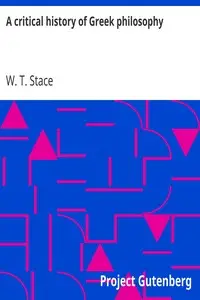
A critical history of Greek philosophy
By W. T. (Walter Terence) Stace
Journey back to ancient Greece to explore the birth of philosophical thought, where thinkers dared to question the universe without relying on myth, shaping the course of intellectual history.
Summary
About the AuthorWalter Terence Stace was a British civil servant, educator, public philosopher and epistemologist, who wrote on Hegel, mysticism, and moral relativism. He worked with the Ceylon Civil Service from 1910 to 1932, and from 1932 to 1955 he was employed by Princeton University in the Department of Philosophy. He is most renowned for his work in the philosophy of mysticism, and for books like Mysticism and Philosophy (1960) and Teachings of the Mystics (1960). These works have been influential in the study of mysticism, but they have also been severely criticised for their lack of methodological rigor and their perennialist pre-assumptions.
Walter Terence Stace was a British civil servant, educator, public philosopher and epistemologist, who wrote on Hegel, mysticism, and moral relativism. He worked with the Ceylon Civil Service from 1910 to 1932, and from 1932 to 1955 he was employed by Princeton University in the Department of Philosophy. He is most renowned for his work in the philosophy of mysticism, and for books like Mysticism and Philosophy (1960) and Teachings of the Mystics (1960). These works have been influential in the study of mysticism, but they have also been severely criticised for their lack of methodological rigor and their perennialist pre-assumptions.

